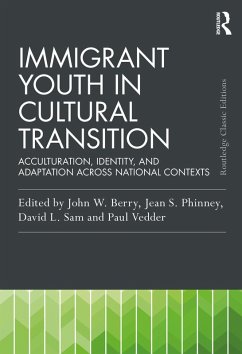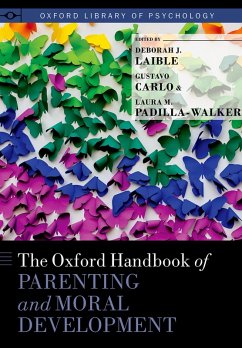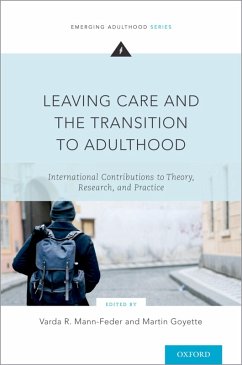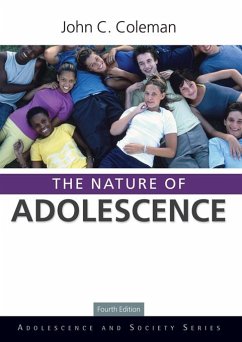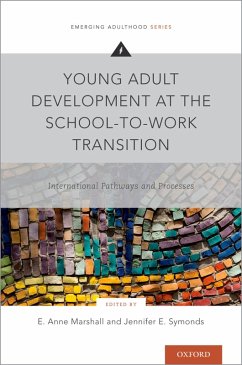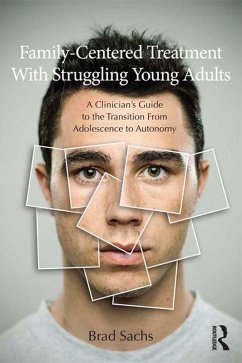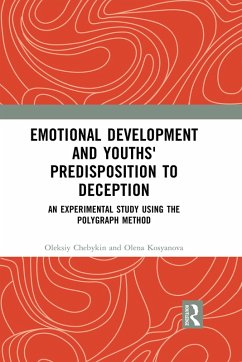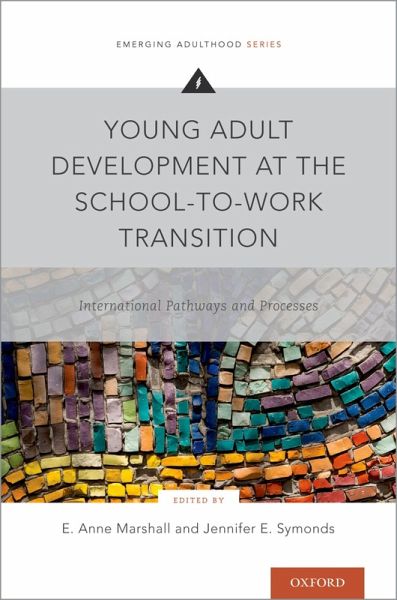
Young Adult Development at the School-to-Work Transition (eBook, ePUB)
International Pathways and Processes
Redaktion: Marshall, E. Anne; Symonds, Jennifer E.
Versandkostenfrei!
Sofort per Download lieferbar
32,95 €
inkl. MwSt.
Weitere Ausgaben:

PAYBACK Punkte
16 °P sammeln!
The school-to-work transition is a critical part of the human life-span for young adults, their families, and society. The timing of the transition varies greatly and its co-occurrence with a number of other life transitions make it challenging to summarize or generalize. Individual differences and normative developmental factors, as well as external contextual factors such as global pandemics, changing economic circumstances, workplace demands, and cultural shifts, intersect to create a range of challenges and opportunities for those navigating this transition. Written by internationally reno...
The school-to-work transition is a critical part of the human life-span for young adults, their families, and society. The timing of the transition varies greatly and its co-occurrence with a number of other life transitions make it challenging to summarize or generalize. Individual differences and normative developmental factors, as well as external contextual factors such as global pandemics, changing economic circumstances, workplace demands, and cultural shifts, intersect to create a range of challenges and opportunities for those navigating this transition. Written by internationally renowned scholars in developmental psychology, applied psychology, counseling, and sociology, the chapters in this book highlight the trends, issues, and actions that researchers, academics, practitioners, and policy makers need to consider in order to effectively support young adults' transition to work pathways. This volume provides an explicitly international perspective on this area, broad coverage of psychological topics on the school-to-work transition, and an inclusive focus on sub-groups and minority groups, making it a must-read for those who support young adults as they move from school to work.
Dieser Download kann aus rechtlichen Gründen nur mit Rechnungsadresse in A, B, BG, CY, CZ, D, DK, EW, E, FIN, F, GR, HR, H, IRL, I, LT, L, LR, M, NL, PL, P, R, S, SLO, SK ausgeliefert werden.




